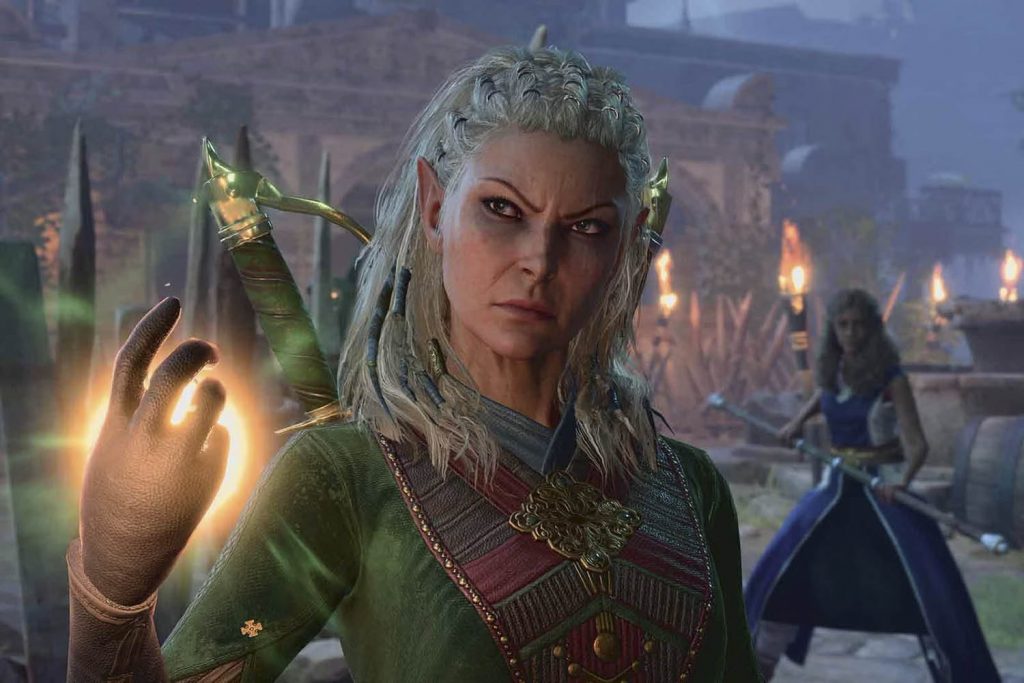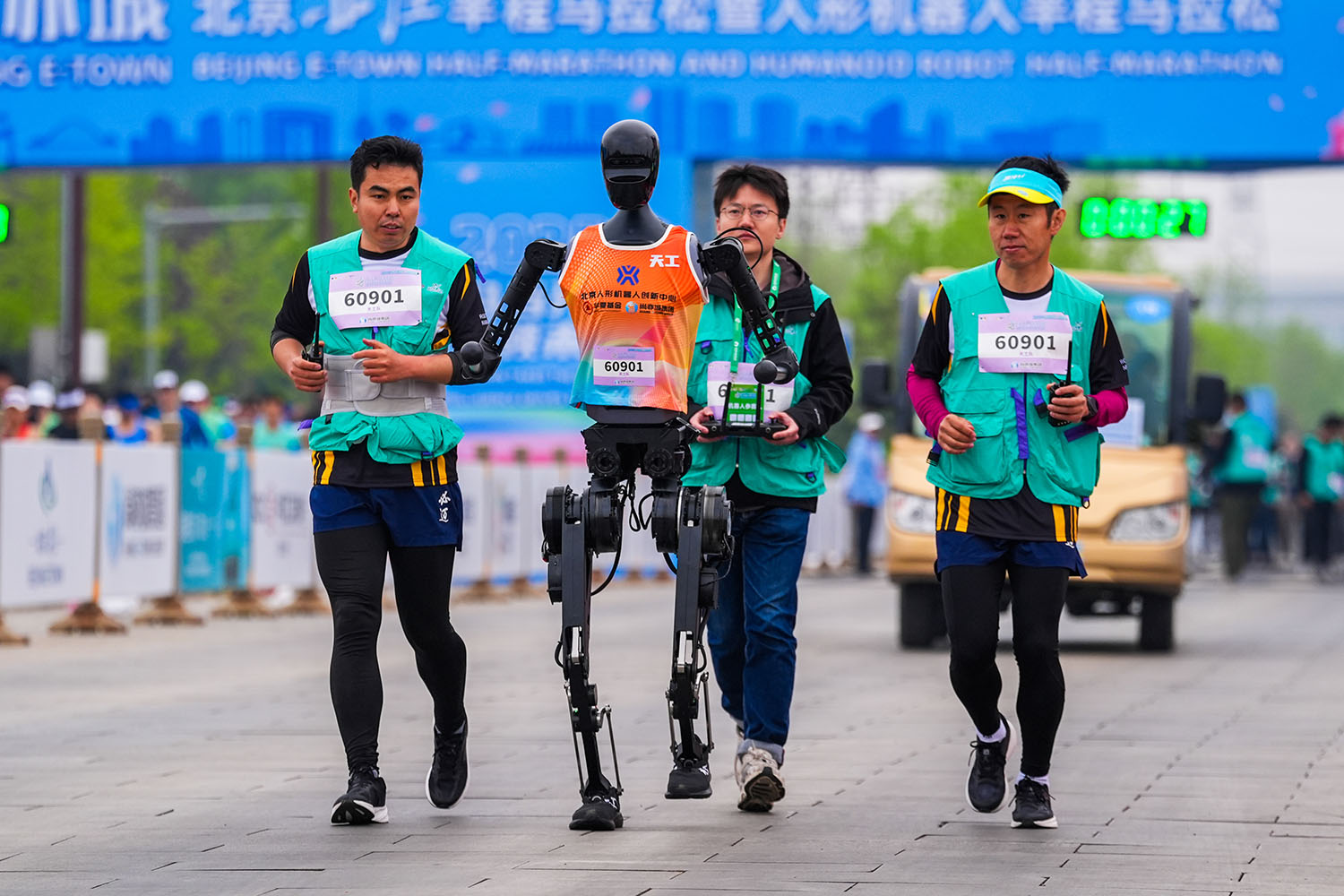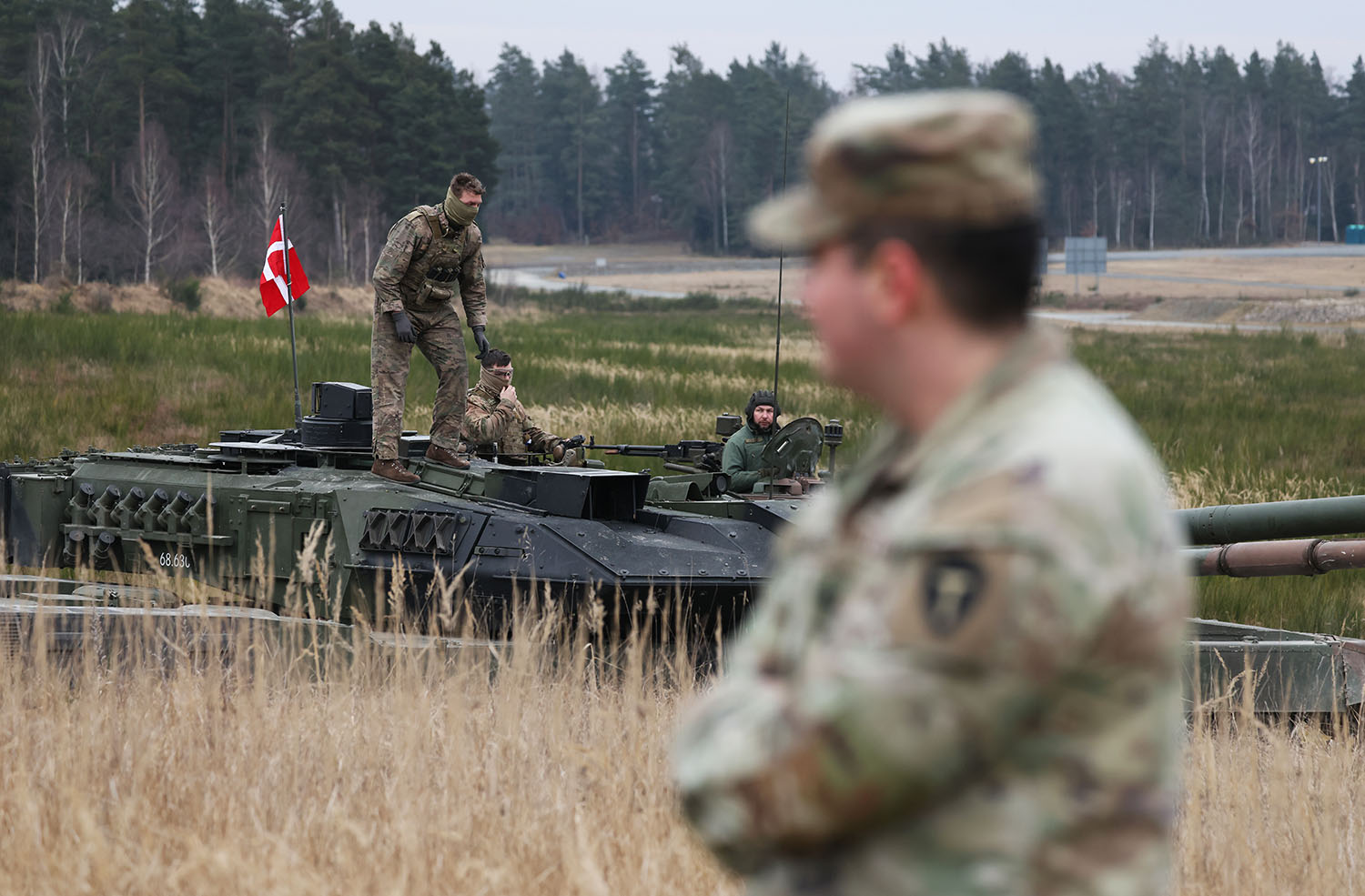
Members of the Screen Actors Guild - American Federation of Television and Radio Artists (SAG-AFTRA) have been striking in the US all summer over the threat AI poses to their work. But this is not quite the Hot Labor Summer of last year. Susan Sarandon has yet to show up on the picket line. This year it is voice actors for video games who are on strike, concerned that their voices may be cloned by AI to replace them. According to the union, almost all negotiations for a new contract were resolved except for AI protections, prompting strike action from 26 July. It’s unlikely that any big game releases will be affected, since games that were in development before September 2023 are exempt from strike action, but games that are dependent on regular updates and new content, like Fortnite, may be affected. To note: the video games industry is much bigger in terms of revenue than Hollywood.
According to Forbes, global revenue generated by video games is greater than that generated by the music and movie industries combined.
Baldur’s Gate 3, for example, which was released during the actors’ strike last year, grossed more than $750 million. Its gameplay involves hundreds of different characters with elements of the game changing based on how players respond. All this took 248 actors who were also motion-captured into 174 hours of scenes (more than the extended Lord of the Rings film trilogy).
Reviews were positive and one praised the actors and writers for creating “too many fully-realised, powerfully written, and skillfully voiced characters to count.”
SAG-AFTRA’s chief contracts officer, Ray Rodriguez, said the companies offered protections to motion performers, but only if “the performer is identifiable in the output of the AI digital replica”. The union says this doesn’t offer enough protection for specialist movement and voice actors who are intentionally making inhuman noises or actions – such as those made by Andy Serkis playing Gollum in Lord of the Rings and The Hobbit.






